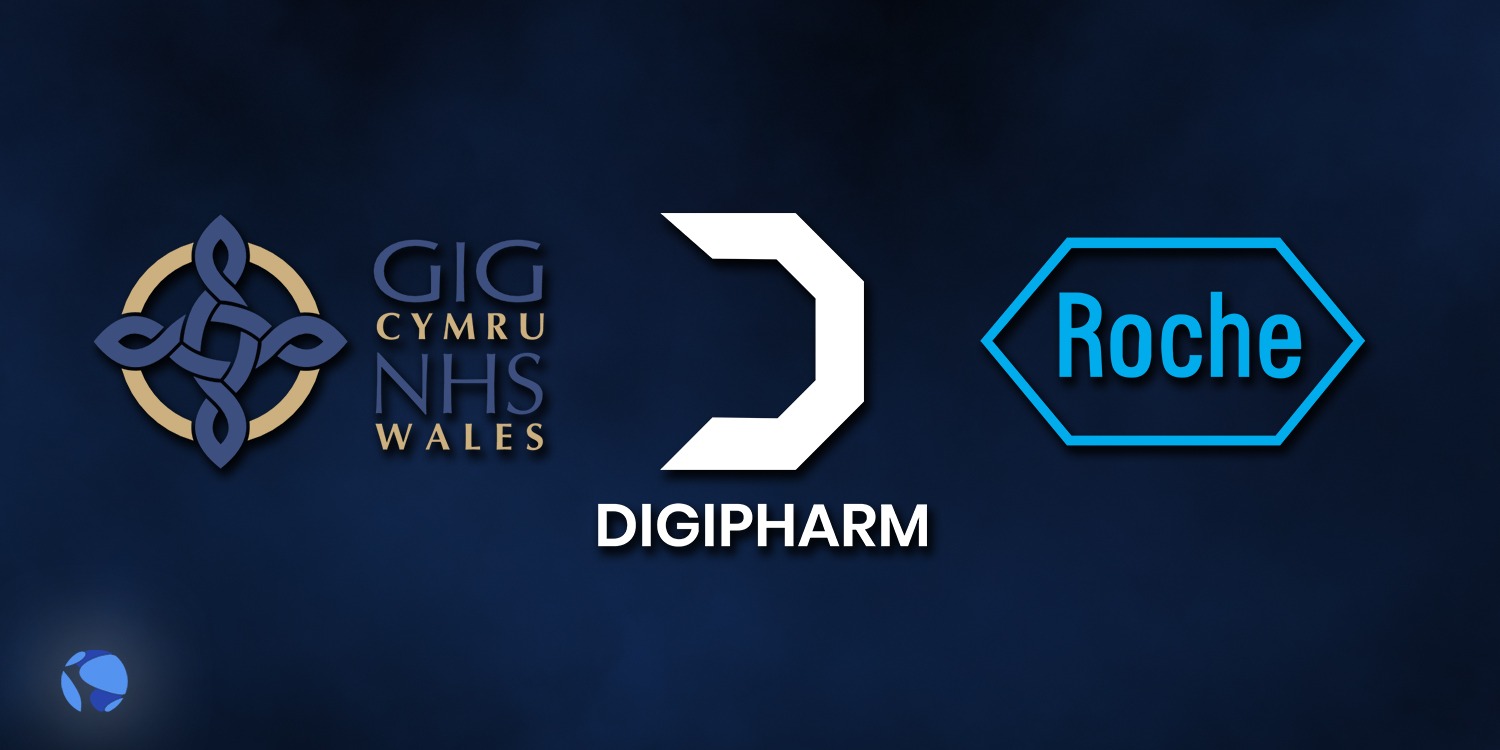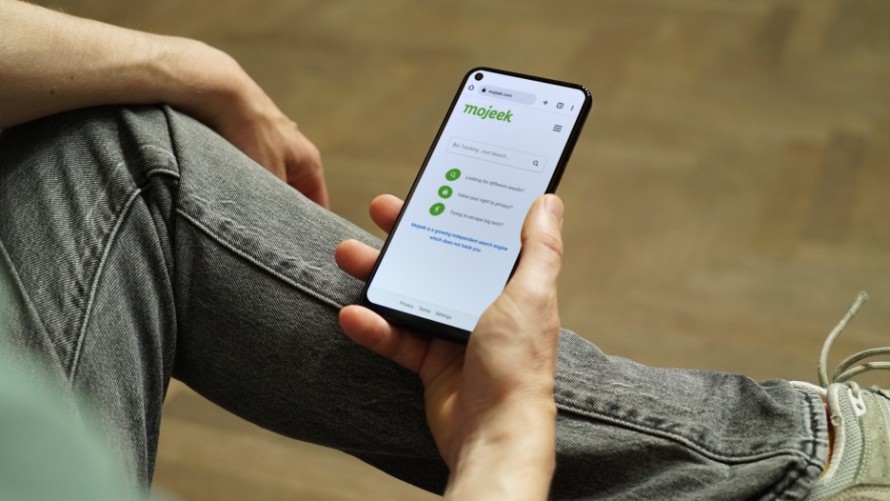
NHS Wales’ Cwm Taf Morgannwg University Health Board (CTMUHB), Roche Diagnostics, Digipharm, and Life Sciences Hub Wales have joined forces to launch a ground-breaking project to develop an innovative value-based contracting approach to pioneer sustainable procurement and improve patient diagnosis of heart failure.
All parties are collaborating to build an outcome-based (paying by results) contractual model based on the value of the diagnostic test inside the heart failure pathway and identifying a fair payment structure based on the value generated, using Digipharm’s blockchain platform. This will result in long-term outcomes that matter to patients and healthcare system efficiencies, with the long-term goal of reduced wait times, faster diagnostics, and better health outcomes.
CTMUHB’s procurement, clinical, operational, and informatics teams will develop and implement a Value-Based Health Care-led purchasing strategy for the NTproBNP diagnostic test as part of the project. This is a rapid and easy test developed by Roche for identifying heart failure. It works by measuring the quantities of proteins produced by the heart when it is stressed. All partners will collaborate to study how this diagnostic test is currently used within the chronic heart failure pathway in order to optimise its use and improve patient care and outcomes.
Dee Lowry, Head of Value-Based Health Care at CTMUHB, said:
“CTMUHB is committed to enabling and embedding Value-Based Healthcare approaches across our healthcare landscape in order to improve the outcome that matter most for our patients, staff and wider population.
“We are delighted to be working with our project partners on a collaboration built on trust and a shared vision to identify and reduce unwarranted variation in heart failure diagnosis, to improve patient outcomes, which in this project can also enable us to effectively and efficiently procure based out on outcomes.”
CTMUHB and Roche Diagnostics will employ Digipharm’s outcome-based digital contracting platform built on the blockchain to host and manage the project, which will be used to establish a collaborative procurement plan based on data and executed automatically using smart contracts. This would entail adopting existing route methodologies to use NTproBNP to diagnose heart failure patients, as well as identifying patient pathways and building protocols to guide procurement decisions.
Source: The Britonian









